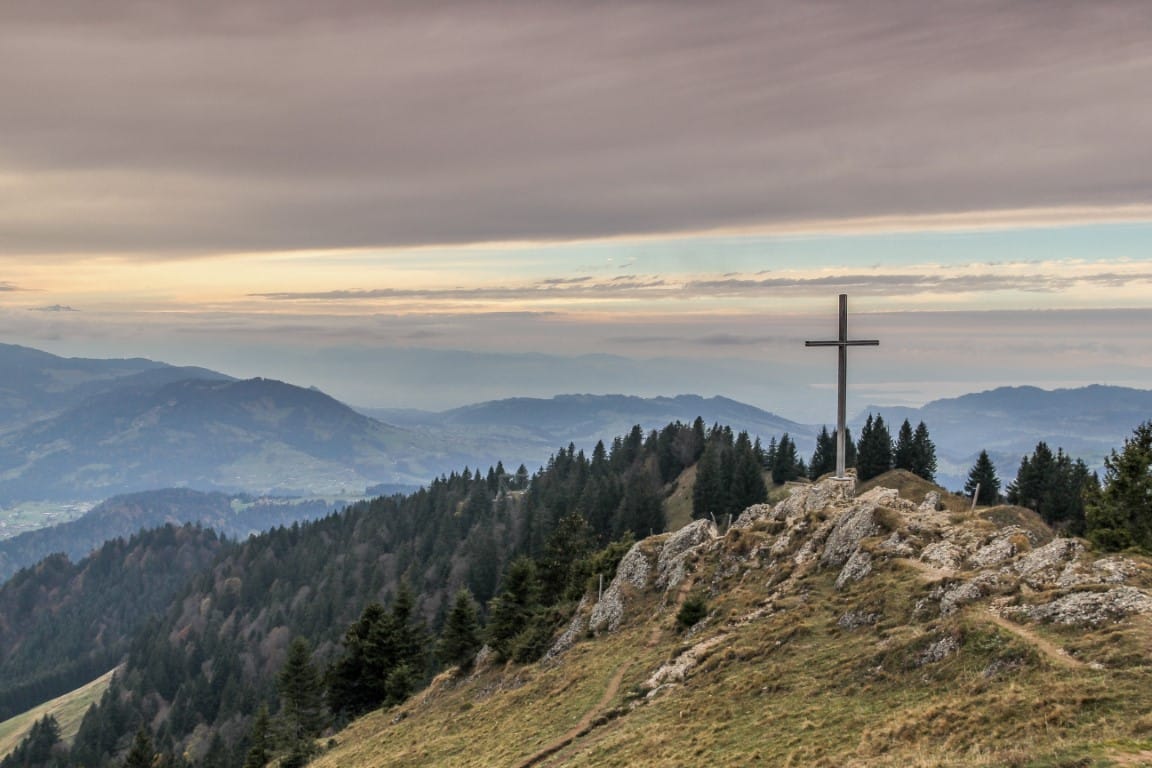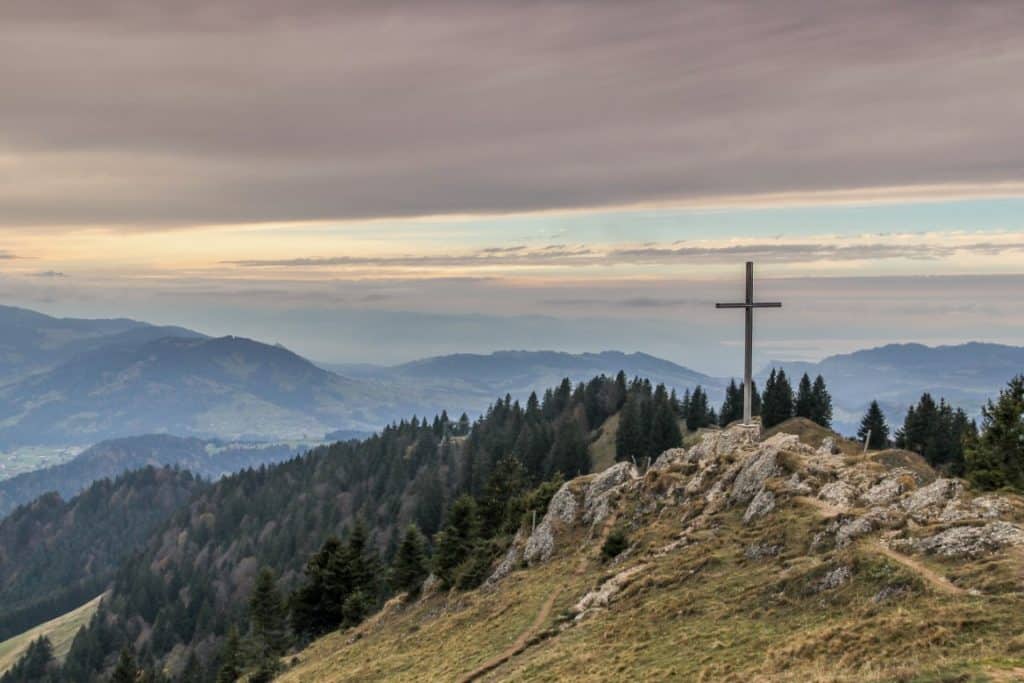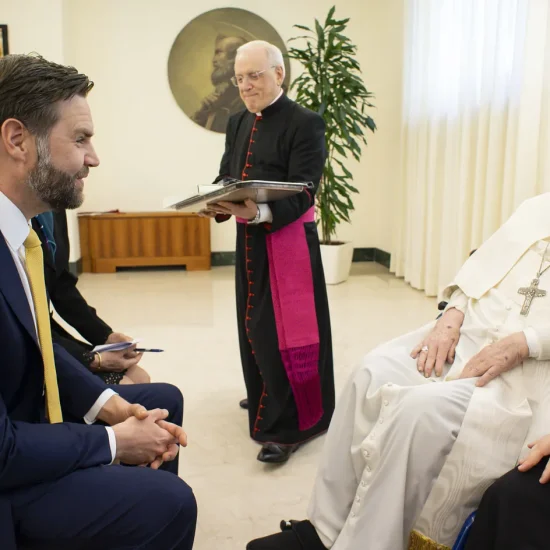

Photo by Thanti Nguyen on Unsplash
There’s a famous line in C.S. Lewis’s The Lion, the Witch, and the Wardrobe where a character laments that because of the White Witch’s rule over the land of Narnia, it is “always Winter but never Christmas.” The line resonates because we can imagine the dreariness of living in a cold, dark place without the one moment of joy bursting through. Just when our days get the darkest, we put up Christmas lights, exchange presents, sing old familiar carols, cook special feasts, and spend extra time with family and friends.

Brian Kaylor
Now we face another depressing moment like the one described by Tumnus the faun to the first of the Pevensie kids to find adventure through that old wardrobe. Easter — the holiest day of our faith — will find our sanctuaries empty.
Many of us will be worshiping at home on our couches (perhaps in our finest new Easter PJs) while watching a livestream service on the computer. Others might be worshiping in a car for a drive-in worship service as if at an old outdoor movie theater. And others — especially older congregants — might find themselves at home reading the Bible alone. So, while we may technically worship to some degree on Easter, it won’t feel like Easter as we’ve always known it.
In some ways, we’ll be like the first disciples on that first Easter. We won’t be in church. We’ll be quarantined in a house, with fears of the outside world. We’ll be mourning someone who’s died and been hastily buried — and by Easter many of us may know someone who’s died from coronavirus. Perhaps we’ll be depressed like the disciples and even doubting like Thomas or denying like Peter.
Faith on Easter Sunday is normally easy. It’s triumphant. It’s glorious. It’s the sign of life as we worship while the sun rises, the birds sing, and the flowers burst with new color.
But what about a Spring without Easter. Sure, it may not be as depressing as Winter without Christmas, but a hole in our hearts remains nonetheless. It’s like when the leaves of a tree don’t return after a hard winter. Or if the geese didn’t come back one year from somewhere down south. Or if the tulips just all disappeared. Something would feel off, life would be out of balance.
Our sanctuaries are empty. Our schools are closed. Our store shelves are barren. Our neighbors are dying.
Life is out of balance.
Spring has come without the promise of Easter. And that’s why some people have even resorted during this odd season of Lent to do what we try during the darkness of Winter: putting back up their Christmas lights to bring a little joy to their isolated neighbors.
All of this death, this sadness, this isolation, this uncertainty is hard, and it’s okay to admit that. It’s okay to cry, to lament, to get angry, to doubt.
It’s not just that we live this year in a Spring without Easter, but we live in a world that often seems stuck somewhere between the Friday when they crucified our Lord and the glorious morning when the stone rolled away. We live in a world of pain, suffering, death, sadness — and not just because of the coronavirus. It’s okay to be honest with each other and God about how we feel. It’s okay to cry, to lament, to get angry, to doubt.
Baptist preacher Tony Campolo likes to declare that when things look bleak, we should remember “It’s Friday, but Sunday’s coming!” That’s true, but it’s also not that simple.
Yes, Sunday is coming. Yes, Sundays when we once again worship together in our sanctuaries are coming. Yes, Easter Sundays when we gather together in our finest clothes and worship as the sun rises are coming. Yes, the true Easter Sunday for us all as we are resurrected from the dead is coming. But we’re not there yet. And while we should remain hopeful for the Sunday to come, let’s not ignore the reality of where we are called to worship and minister in this time when it’s not yet Sunday.
We are like those first disciples. We live in a broken world still longing for the full Spring that will come, when all of creation will burst forth with new life.
We live in a world where the Kingdom of God is both here and not yet here. We live in a world where Easter has both come and has not come yet.






